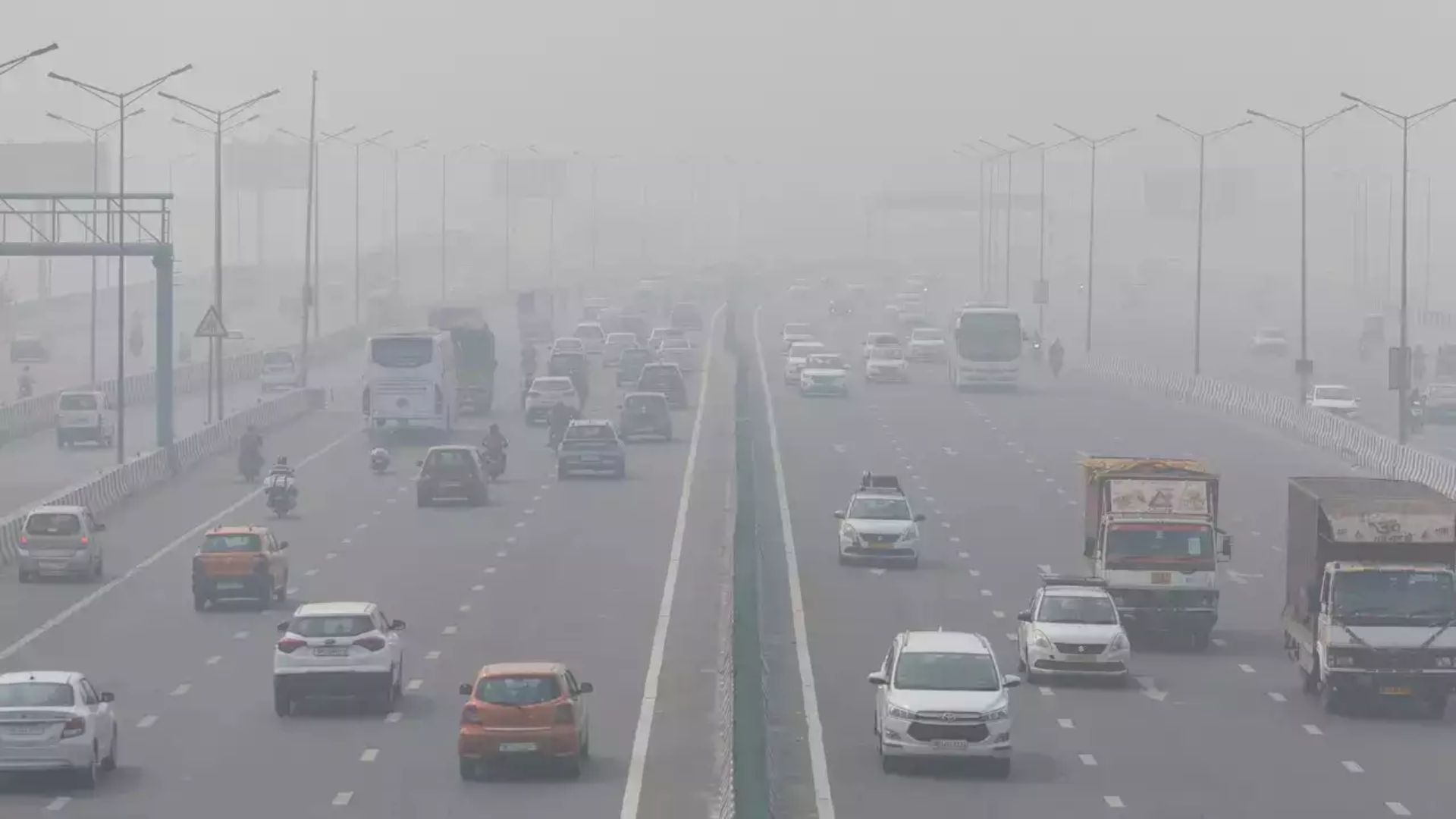Commission for Air Quality Management has decided to revoke Stage-IV and Stage-III of Grap in the entire NCR, with immediate effect. Grap Stages II and I to however remain in-force in the entire NCR.
The Commission for Air Quality Management (CAQM) has made a significant decision regarding the air quality situation in the National Capital Region (NCR) by revoking Stage-IV and Stage-III of the Graded Response Action Plan (GRAP), effective immediately. While these higher stages of the emergency response framework have been lifted, it is important to note that Stage-II and Stage-I of the GRAP will continue to remain in force across the entire NCR.
This development has raised a number of questions about what this means for the region, its air quality, and the health of its residents. In this article, we will explore the implications of this decision, what the different stages of GRAP entail, and what actions are still being taken to tackle air pollution in the NCR.
Understanding the Graded Response Action Plan (GRAP)
The Graded Response Action Plan (GRAP) is a set of emergency measures implemented by the Commission for Air Quality Management to address the worsening air pollution in the NCR, particularly during the winter months. The plan was designed to tackle air pollution by deploying a progressive set of measures that scale up depending on the severity of the pollution levels.
Key Decisions: Revocation of Stage-IV and Stage-III
The recent decision to revoke Stage-IV and Stage-III GRAP measures comes at a time when air quality in Delhi and its neighboring regions has improved, prompting authorities to reconsider the necessity of these emergency stages. The air quality in the NCR has shown improvements due to several factors, including a reduction in stubble burning, changes in weather patterns, and efforts by local authorities to curb pollution.
Stage-IV and Stage-III Measures Revoked: The revocation of Stage-IV and Stage-III means that the strictest measures, such as shutting down industries, halting non-essential construction activities, and restricting transportation, will no longer be in effect. This decision is a welcome relief for many, as it allows for more normal operations in the NCR. The lifting of these stringent measures suggests that the region’s air quality has improved to a level where such drastic interventions are no longer necessary.
However, this does not mean that the battle against air pollution is over. The focus will now shift to maintaining a balanced approach through Stage-II and Stage-I measures. These will continue to remain in force and will ensure that the region takes proactive steps to manage air quality before it worsens again.
Why Stage-II and Stage-I Measures Will Continue
While Stage-IV and Stage-III measures have been revoked, the continuation of Stage-II and Stage-I measures indicates that the authorities are taking a more cautious approach to air quality management. The NCR continues to face challenges from vehicular emissions, industrial pollution, crop burning, and seasonal factors, which could contribute to future spikes in pollution levels.
Here are some of the critical actions that Stage-II and Stage-I of GRAP still enforce:
- Vehicle Restrictions: The odd-even vehicle scheme and restrictions on the use of highly polluting vehicles remain in effect.
- Construction Restrictions: Certain construction activities are still prohibited or restricted, particularly those that involve high-emission processes.
- Industrial Restrictions: Industries that emit large amounts of pollutants continue to face scrutiny and must adhere to stricter emission controls.
- Public Health Warnings: Regular advisories on air quality are issued to help residents make informed decisions, such as wearing masks or limiting outdoor activities.
These ongoing measures help ensure that the region does not slip back into more dangerous levels of pollution while still allowing economic activity and daily operations to continue as much as possible.
MUST READ: Delhi Wakes With Clear Sky As Pollution Reduces After 50 Days, WATCH




